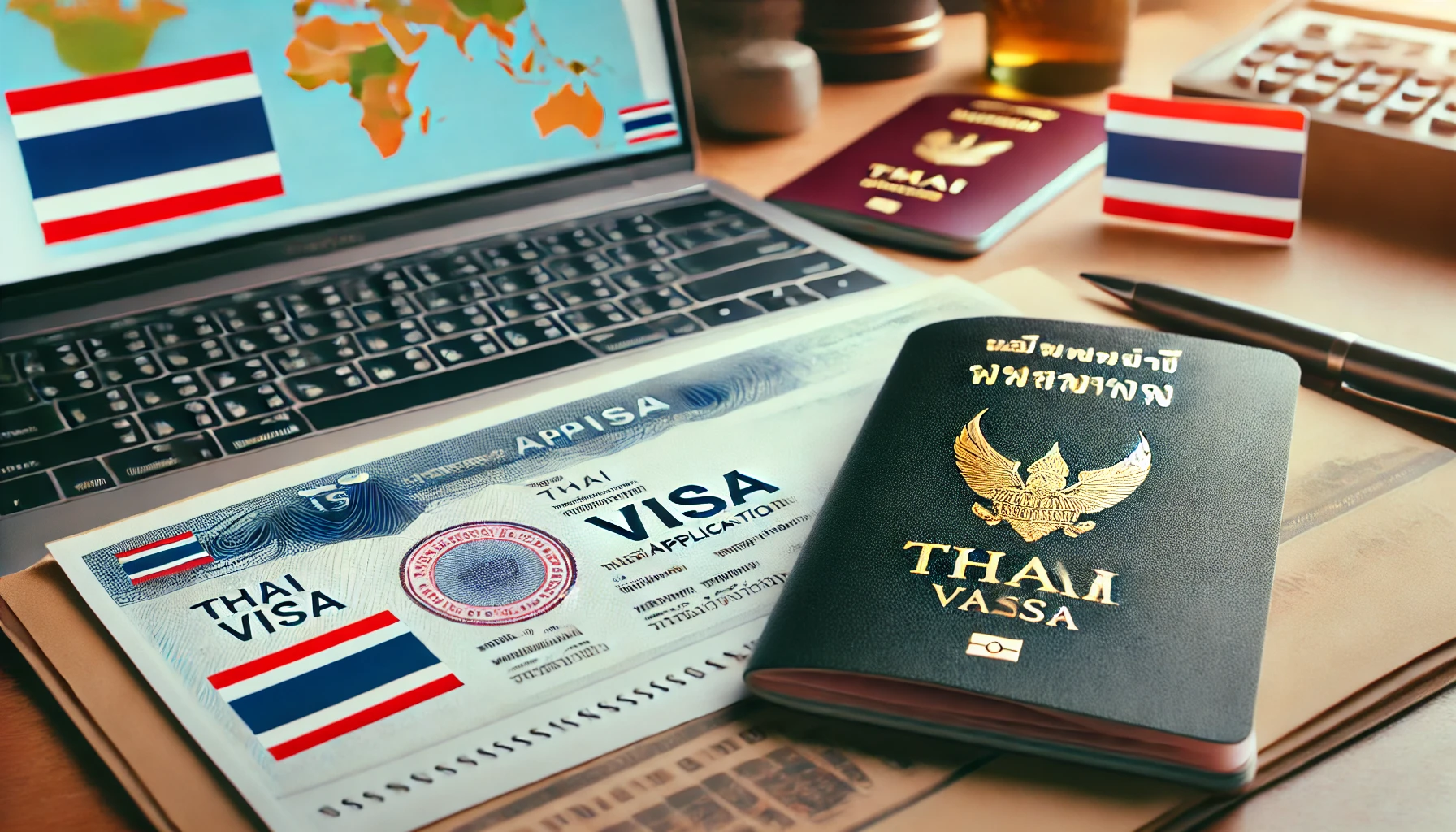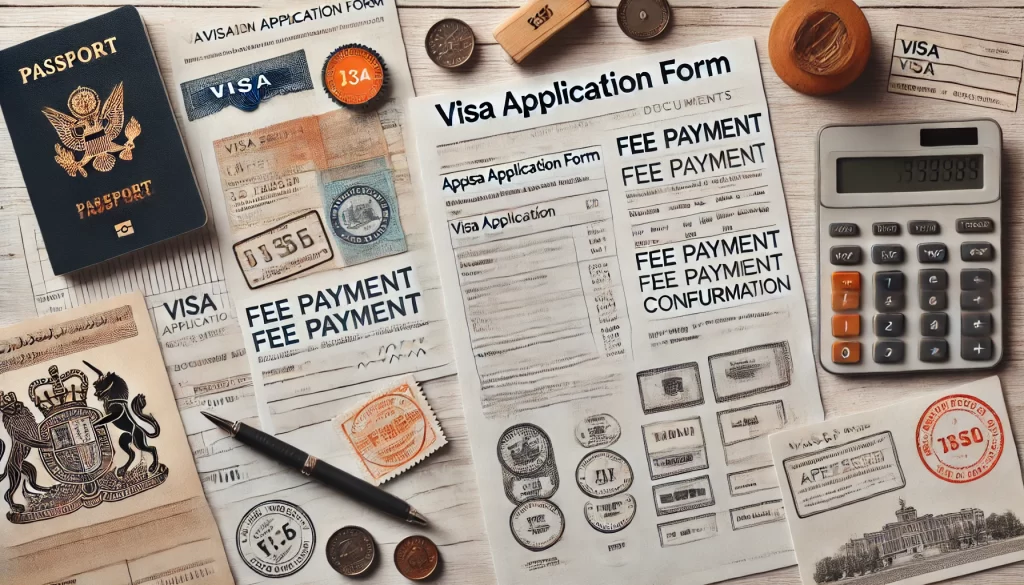Are you ready to unlock the doors to business success in Thailand? 🇹🇭 The Land of Smiles isn’t just a tourist paradise; it’s also a thriving hub for entrepreneurs and investors. But navigating the complex world of business registration in a foreign country can feel like trying to decipher ancient hieroglyphs without a guide.
Fear not, intrepid business owner! Whether you’re dreaming of opening a beachside café in Phuket or launching a tech startup in Bangkok, this comprehensive guide will be your compass through the maze of Thai business registration. From choosing the right business structure to understanding tax compliance, we’ll walk you through every step of the process. No more sleepless nights wondering if you’ve missed a crucial document or misunderstood a regulation.
Ready to embark on your Thai business adventure? Let’s dive into the essentials of registering your business in Thailand, starting with understanding the various business structures available to you. 🚀
Understanding Business Structures in Thailand

A. Limited Company
Limited companies are the most common business structure in Thailand. They offer:
- Limited liability protection for shareholders
- Separate legal entity status
- Ability to own property and enter contracts
| Feature | Description |
|---|---|
| Ownership | Min. 3 shareholders |
| Liability | Limited to capital contribution |
| Management | Board of Directors |
B. Branch Office
Branch offices allow foreign companies to establish a presence in Thailand. Key points:
- Not a separate legal entity
- Limited to specific business activities
- Fully owned by foreign company
Branch offices are suitable for companies looking to expand operations without full incorporation.
Choosing the Right Business Structure
Factors to consider
When choosing a business structure in Thailand, consider:
- Ownership structure
- Liability protection
- Capital requirements
- Tax implications
- Foreign ownership restrictions
| Business Type | Foreign Ownership | Minimum Shareholders | Minimum Directors |
|---|---|---|---|
| Limited Company | Up to 49% | 3 | 1 |
| Branch Office | 100% | N/A | 1 |
| Representative Office | 100% | N/A | 1 |
Foreign ownership restrictions
Thailand imposes restrictions on foreign ownership in certain industries. The Foreign Business Act limits foreign participation in specific sectors. However, some business types, like BOI-promoted companies, may allow 100% foreign ownership. Understanding these restrictions is crucial for selecting the appropriate business structure.
Required Documents for Registration
A. Company name reservation
- Submit at least 3 preferred names
- Check availability online
- Reserve for 30 days
| Step | Action | Timeframe |
|---|---|---|
| 1 | Submit names | Day 1 |
| 2 | Approval | 1-3 days |
| 3 | Reservation | 30 days |
B. Memorandum of Association
- Legal document outlining company structure
- Must include:
- Company name
- Business objectives
- Registered capital
- Shareholder details
Now that we’ve covered the initial steps, let’s examine the remaining crucial documents needed for registration.
Step-by-Step Registration Process
A. Reserve company name
- Visit the Department of Business Development (DBD) website
- Search for name availability
- Submit reservation request online
- Pay reservation fee
- Receive confirmation within 24-48 hours
B. File memorandum of association
| Document | Purpose |
|---|---|
| Company name | Identifies the business |
| Business objectives | Outlines company activities |
| Registered capital | States initial investment |
| Shareholder details | Lists company owners |
After reserving your company name, file the memorandum of association with the DBD. This crucial step establishes your company’s basic structure and intentions. Once approved, you have 30 days to hold the statutory meeting and complete registration.
Capital Requirements and Shareholding
A. Minimum registered capital
The minimum registered capital for a Thai limited company is 2 million baht for most business activities. However, this amount can vary depending on the specific industry and whether foreign ownership is involved. For example:
| Business Type | Minimum Capital |
|---|---|
| General Thai company | 2 million baht |
| Foreign-owned company | 3 million baht |
| Specialized industries | Varies |
B. Thai vs. foreign shareholder ratios
Thai law generally requires a 51:49 ratio of Thai to foreign shareholders for most businesses. This means:
- At least 51% of shares must be held by Thai nationals
- Foreign ownership is limited to 49% in most sectors
- Some industries may allow 100% foreign ownership
Obtaining Necessary Licenses and Permits
Foreign Business License
- Required for foreign-owned businesses in restricted industries
- Issued by Ministry of Commerce
- Application process:
- Submit application form
- Provide company documents
- Pay fees
- Await approval (2-3 months)
| License Type | Ownership Restriction | Examples |
|---|---|---|
| List 1 | 0% foreign ownership | Media, land trading |
| List 2 | Up to 60% foreign ownership | Transportation, mining |
| List 3 | Up to 100% with approval | Retail, wholesale |
Work permits for foreign employees
Foreign workers need work permits. Process involves employer sponsorship, visa application, and submission of required documents to the Labor Department. Renewal required annually.
Tax Registration and Compliance
VAT registration
VAT registration is mandatory for businesses with annual turnover exceeding 1.8 million baht. To register:
- Submit application to Revenue Department
- Provide required documents
- Obtain VAT certificate
| Threshold | Registration |
|---|---|
| > 1.8M THB | Mandatory |
| < 1.8M THB | Voluntary |
Corporate income tax
Thai companies are subject to corporate income tax on worldwide income. Key points:
- Standard rate: 20%
- SMEs: Progressive rates from 0-20%
- File annual returns within 150 days of fiscal year-end
Post-Registration Requirements
Post-Registration Requirements
A. Annual financial statements
| Requirement | Deadline | Submission Authority |
|---|---|---|
| Balance Sheet | Within 5 months of fiscal year-end | Department of Business Development |
| Profit/Loss Statement | Within 5 months of fiscal year-end | Department of Business Development |
Thai companies must prepare and submit annual financial statements to maintain compliance. These documents provide a snapshot of the company’s financial health and are crucial for tax purposes.
B. Shareholder meetings
- Annual General Meeting (AGM) must be held within 4 months of fiscal year-end
- Special resolutions require extraordinary general meetings
- Proper meeting minutes must be recorded and filed
Registering a business in Thailand involves several crucial steps, from understanding the various business structures to completing post-registration requirements. By following this comprehensive guide, entrepreneurs can navigate the process with confidence, ensuring they choose the right business structure, prepare the necessary documents, and fulfill all legal obligations.
Remember that while the registration process can be complex, it’s a vital step towards establishing a successful business in Thailand. Consider seeking professional advice to ensure compliance with all regulations and to optimize your business structure for long-term success. With proper planning and execution, you’ll be well on your way to joining Thailand’s vibrant business community and tapping into the country’s thriving market opportunities.

